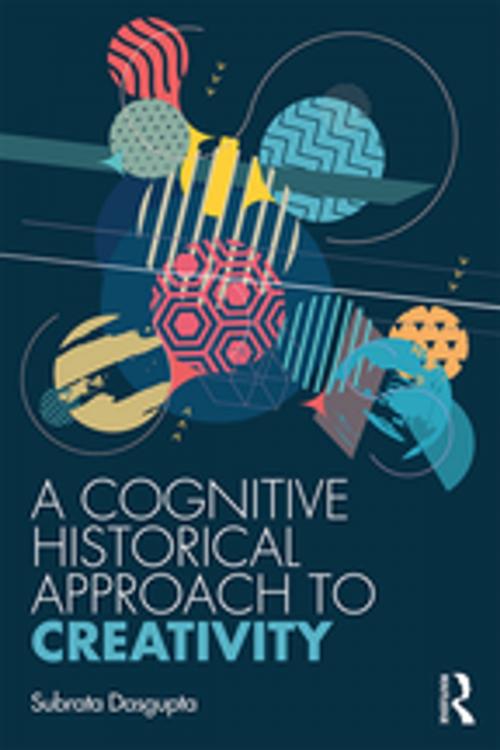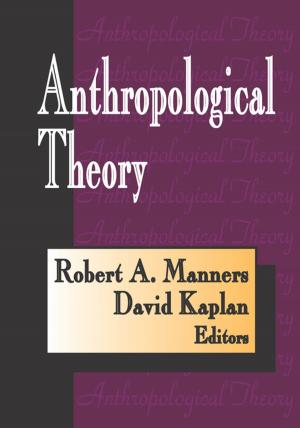A Cognitive-Historical Approach to Creativity
Nonfiction, Health & Well Being, Psychology, Creative Ability, Cognitive Psychology| Author: | Subrata Dasgupta | ISBN: | 9780429628009 |
| Publisher: | Taylor and Francis | Publication: | March 20, 2019 |
| Imprint: | Routledge | Language: | English |
| Author: | Subrata Dasgupta |
| ISBN: | 9780429628009 |
| Publisher: | Taylor and Francis |
| Publication: | March 20, 2019 |
| Imprint: | Routledge |
| Language: | English |
At the heart of creativity is the practice of bringing something new into existence, whether it be a material object or abstract idea, thereby making history and enriching the creative tradition.
A Cognitive Historical Approach to Creativity explores the idea that creativity is both a cognitive phenomenon and a historical process. Blending insights and theories of cognitive science with the skills, mentality and investigative tools of the historian, this book considers diverse issues including: the role of the unconscious in creativity, the creative process, creating history with a new object or idea, and the relationship between creators and consumers. Drawing on a plethora of real-life examples from the eighteenth century through to the present day, and from distinct fields including the arts, literature, science and engineering, Subrata Dasgupta emphasizes historicity as a fundamental feature of creativity.
Providing a unified, integrative, interdisciplinary treatment of cognitive history and its application to understanding and explaining creativity in its multiple domains, A Cognitive Historical Approach to Creativity is essential reading for all researchers of creativity.
At the heart of creativity is the practice of bringing something new into existence, whether it be a material object or abstract idea, thereby making history and enriching the creative tradition.
A Cognitive Historical Approach to Creativity explores the idea that creativity is both a cognitive phenomenon and a historical process. Blending insights and theories of cognitive science with the skills, mentality and investigative tools of the historian, this book considers diverse issues including: the role of the unconscious in creativity, the creative process, creating history with a new object or idea, and the relationship between creators and consumers. Drawing on a plethora of real-life examples from the eighteenth century through to the present day, and from distinct fields including the arts, literature, science and engineering, Subrata Dasgupta emphasizes historicity as a fundamental feature of creativity.
Providing a unified, integrative, interdisciplinary treatment of cognitive history and its application to understanding and explaining creativity in its multiple domains, A Cognitive Historical Approach to Creativity is essential reading for all researchers of creativity.















